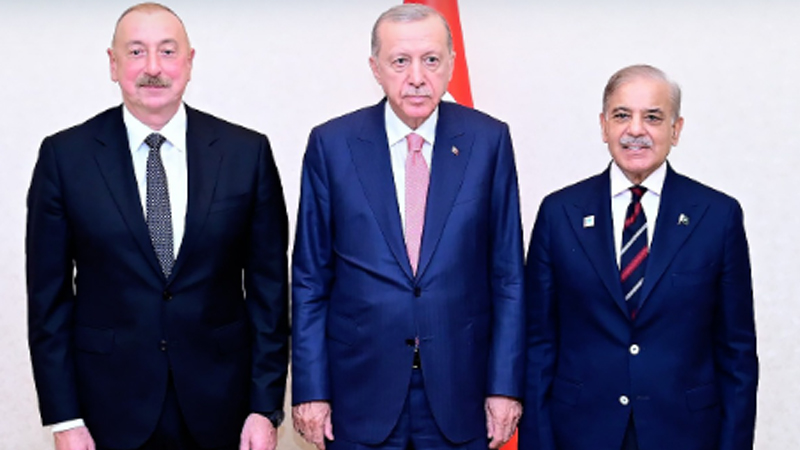In a recent conference held by the Global Communication Association (GCA), John Allen Hendricks, chairman of the Department of Mass Communication at Stephen F. Austin University, raised alarms about the potential for artificial intelligence (AI) to influence elections globally. Speaking at the Future(s) of Communications: Promises and Predicaments event last week, Hendricks emphasized the urgent need for regulations to safeguard democratic processes.
Hendricks highlighted that the world is only beginning to understand and utilize AI technology, which means that numerous mistakes are inevitable. “AI’s capacity to manipulate political outcomes is not fully comprehended yet, but the risks are significant,” he told Anadolu Agency.
He pointed out that deepfake videos, which can convincingly depict politicians saying things they never actually said, have surfaced in the United States and other countries. These videos can mislead voters, making it crucial to approach AI in politics with caution.
“It is imperative that politicians and governments contemplate regulatory measures for social media,” Hendricks stressed, underscoring the central role social media plays in modern politics.
“In 2024, social media has become the primary platform for political engagement,” Hendricks explained. “American politicians frequently turn to social media to connect with voters directly, bypassing traditional media gatekeepers like television, radio, and newspapers.”
However, Hendricks noted a growing skepticism among the electorate towards traditional media, which has led many to rely more heavily on social media for political information. This shift allows politicians to communicate unfiltered messages directly to their audience.
“The immediacy of social media is its most significant impact in the 21st century,” he said, noting that people access these platforms from their homes, reinforcing their pre-existing beliefs.
Hendricks warned of the dangers of this echo chamber effect, where individuals continually engage with content that aligns with their views, regardless of its accuracy. “This creates communities where people reinforce each other’s beliefs, whether they are factual or not.”
He also highlighted a critical issue with social media: the lack of regulation in the United States. “Anyone can create a social media account under a pseudonym, which emboldens users to make statements they would not dare to under their real names,” he said.
As AI continues to evolve, Hendricks’ call for regulatory oversight underscores the need to balance technological advancements with the preservation of democratic integrity.











Leave a Reply